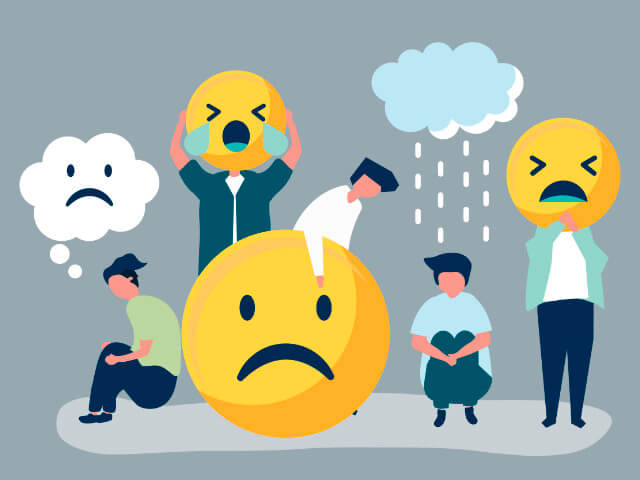If everyone became self-sufficient how would this effect climate change?
This is a great question, it shows that you are thinking about your impact on the environment and how we might change our habits to help support nature.
Becoming self sufficient is a powerful way that we can have a direct impact on climate change. But first, let’s consider what self sufficiency looks like in a home.
Energy
Creating our own energy through solar panels is a great way to be self sufficient. Just one house using solar panels is equal to taking away the greenhouse gas emissions of three cars in one year. The more of us that have solar panels, the greater the emissions savings over time.
Creating your own energy is also a good idea so that big energy companies do not control the price of electricity and have less money to pollute the planet. We can hold the power, literally!
Water
Rainwater tanks are an awesome way to rely on yourself and reduce your water needs. Most households can reduce their water use by around 21% by having a water tank. These savings are super important particularly in Australia, as we are often faced with drought which will worsen as the climate keeps changing.
Food
Growing your own food is not only fun (and delicious), but has a great impact on the environment. Growing crops like vegetables and herbs at home means that we are supporting healthy soils that can store more carbon. Plants are also brilliant carbon sinks, as they breathe in carbon dioxide and breathe out oxygen.
Another great impact of growing your own food is keeping our food local. A lot of the foods we buy at the supermarket travels a long way to get to our homes, which means that we are using a lot of energy, fuel and resources carting food around. Local and fresh is always best!
Waste
Here we get to my favourite part, talking rubbish! Managing our waste at home is a very impactful way to be more self sufficient and help the environment. We can help by using a compost bin or worm farm for our food waste.
The food we throw in the rubbish bin is sent to a landfill, where it releases a greenhouse gas called methane as it breaks down in an unhealthy way. Methane is much more powerful than carbon dioxide, and so has a strong negative impact on climate change. When we compost our food scraps at home, it breaks down in a natural ecosystem and does not produce methane. Once our food scraps are composted, we are left with fantastic living compost to put back into our soils.
Stuff
An important way to become more self sufficient is learning to manage all of our stuff! This could be clothes, shoes, toys, games, electronics, just about anything you can think of in your home. Many of the things that we buy not only cost us money, but cost the environment, as it takes a lot of energy and natural resources to make products. For example, it takes around 2,700 litres of water to make just one cotton t-shirt!
You can become more self sufficient with your stuff by using some of the ‘R’ strategies: Reducing the amount of things we buy, Reusing our things as much as we can, Repairing broken things, and Recycling what we can no longer use.
So, going back to your question, if everyone became self sufficient, this would lead to a large collective impact on reducing our carbon emissions. Self sufficiency can also help us to save money, learn from and help those in our community, and get creative about how we live our lives.
Although we need government and big businesses doing their job to significantly reduce their impact on the climate, making changes at home and at school is something that we can and should all be doing, to learn to live more sustainably and take care of our amazing planet Earth.











